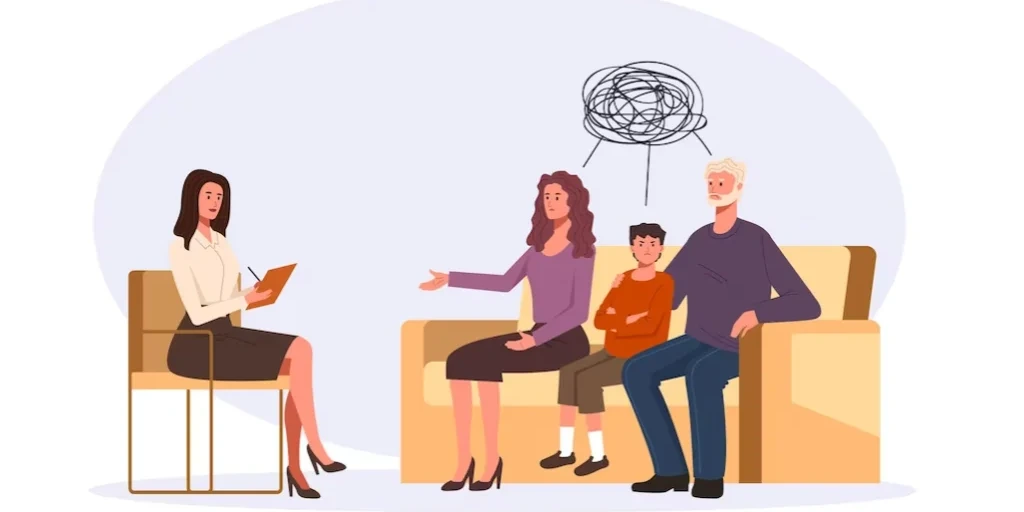24/7 Helpline:
(866) 899-221924/7 Helpline:
(866) 899-2219
Learn more about Ecstasy Detox centers in McDowell County

Other Insurance Options

Sutter

Horizon Healthcare Service

Access to Recovery (ATR) Voucher

Aetna

WellCare Health Plans

Premera

PHCS Network

BlueShield

ComPsych

Choice Care Network

Anthem

Covered California

American Behavioral

Oxford

Kaiser Permanente

Cigna

Meritain

CareSource

Excellus

Sliding scale payment assistance


































SUWS of the Carolinas
SUWS of the Carolinas offers residential treatment for individuals with alcohol and/or substance add...

Recovery Ventures Corporation
Located in Old Fort, North Carolina, Recovery Ventures Corporation provides alcohol and drug rehab s...








